You’ve dominated the game on land and now you’re ready for the next level of geocaching — sea level that is. Dave from Geocaching HQ, aka HiddenGnome, recently found his first scuba cache in the US Virgin Islands. He returned to HQ with a plenty of vitamin D and some great advice for those who also want to go on their first underwater geocaching adventure. Scuba caches are no easy feat, but with these 7 tips from Dave, you’ll soon be ready to take the plunge.
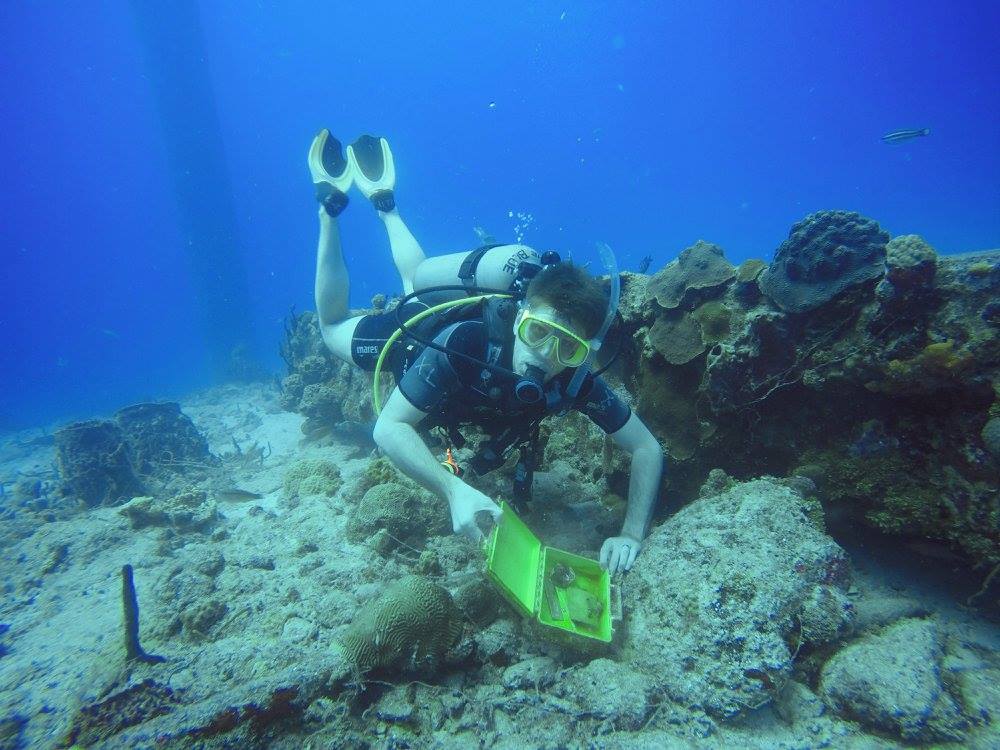
1. Get certified. Before attempting, make sure you have proper scuba certification.
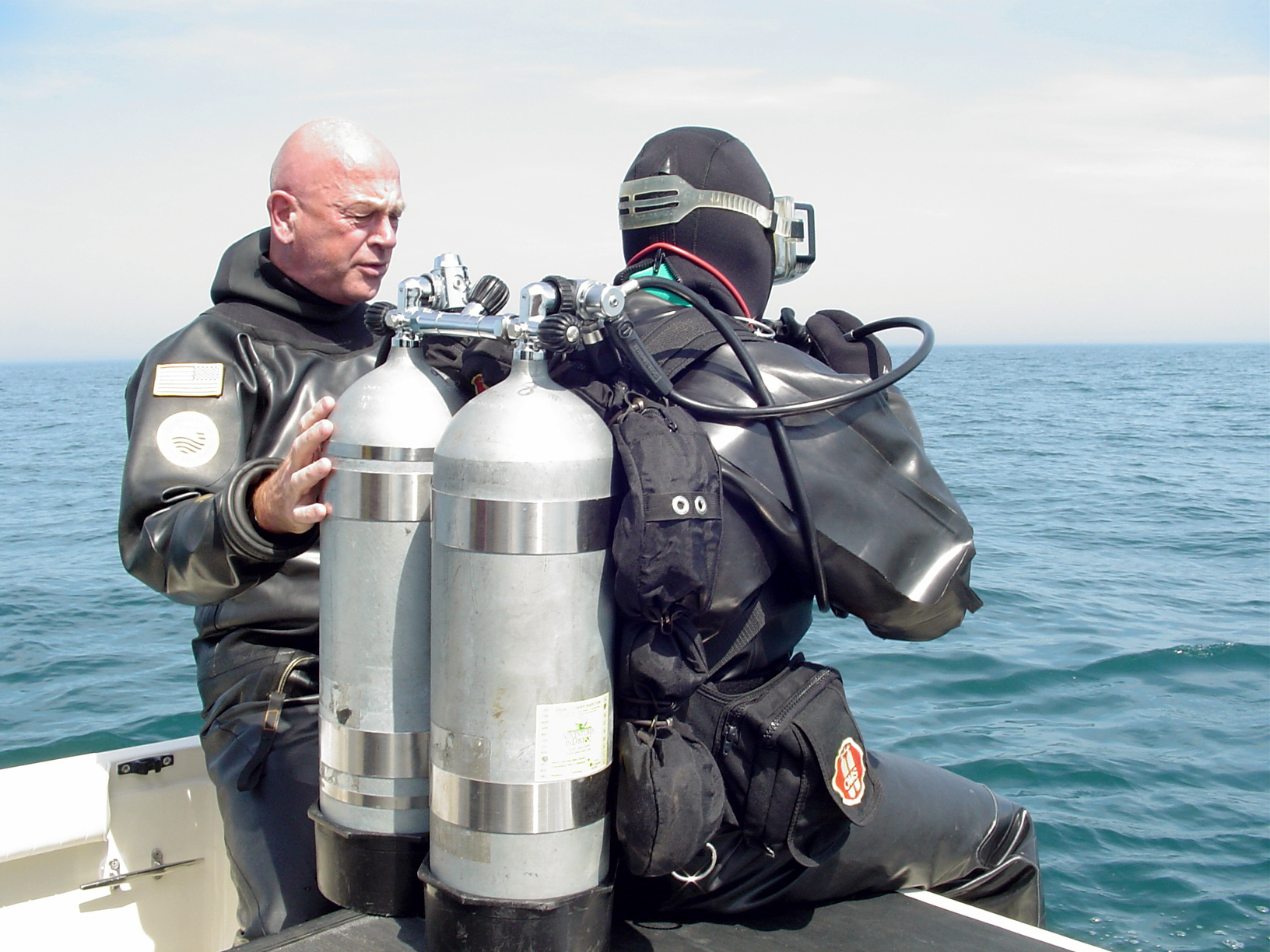
2. Read cache details carefully as every scuba cache is different. Some will require park entrance fees while others may ask you to notify the local park ranger.
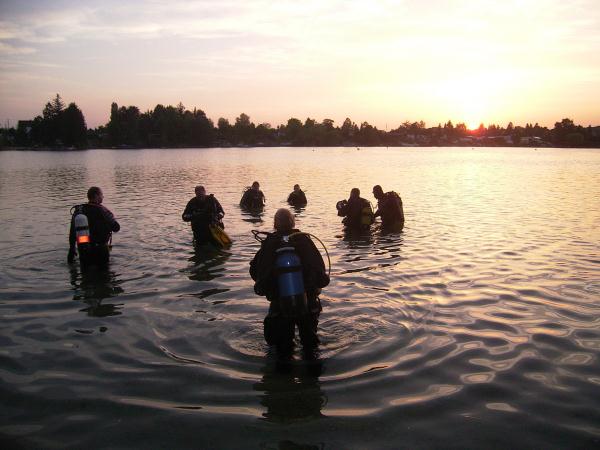
3. Research the diving area and its ecosystem. You don’t want to be unpleasantly surprised by the local sea creatures or water temperature.
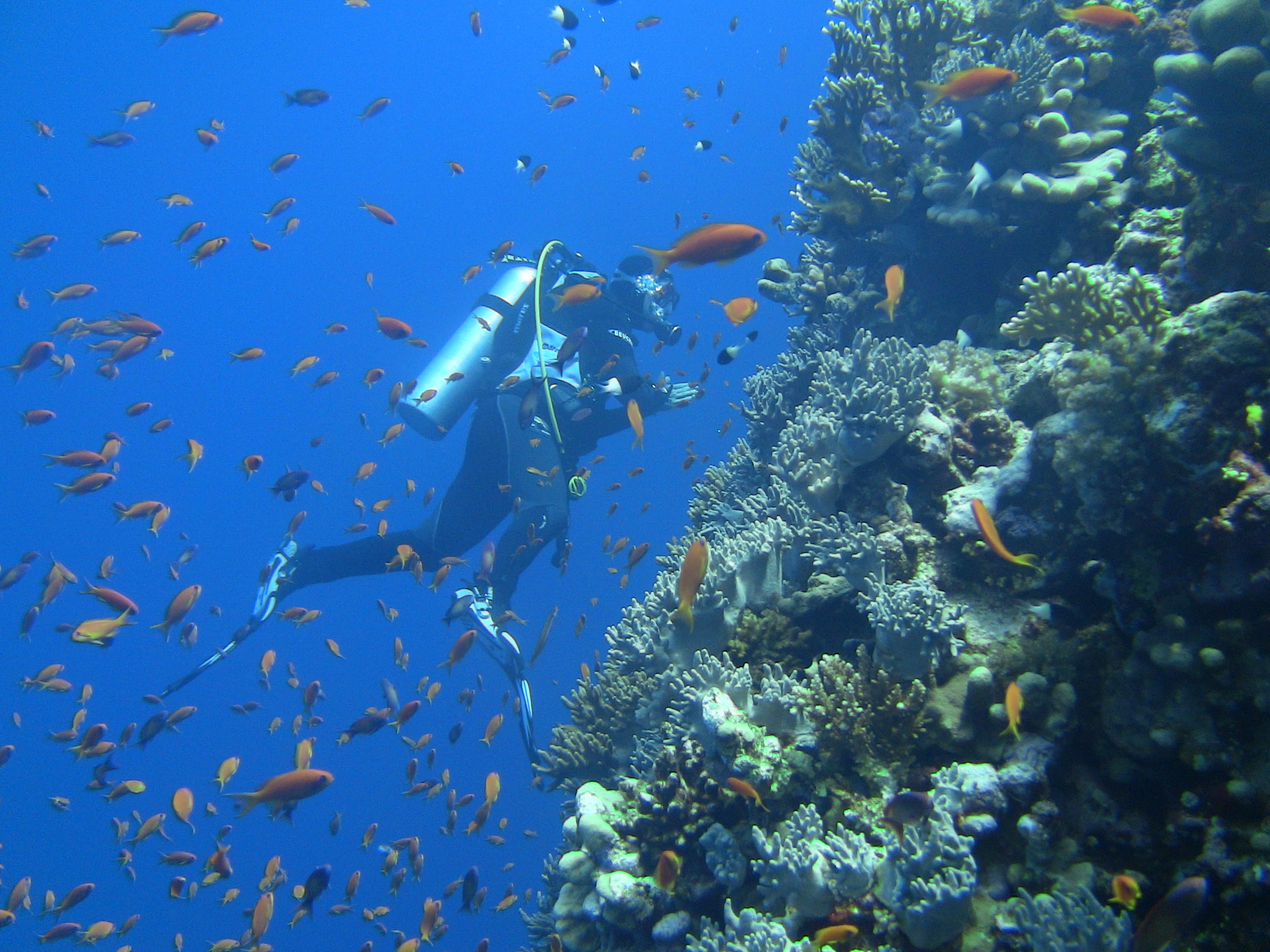
4. Bring a compass. GPS devices will not work underwater but a compass will help you navigate while submerged in water. You can also triangulate the position of the geocache based on provided landmarks – certain cache listings will specify.

5. Buddy system is a must. In the off-chance that something were to happen (an underwater current), you want to make sure someone knows where you are.
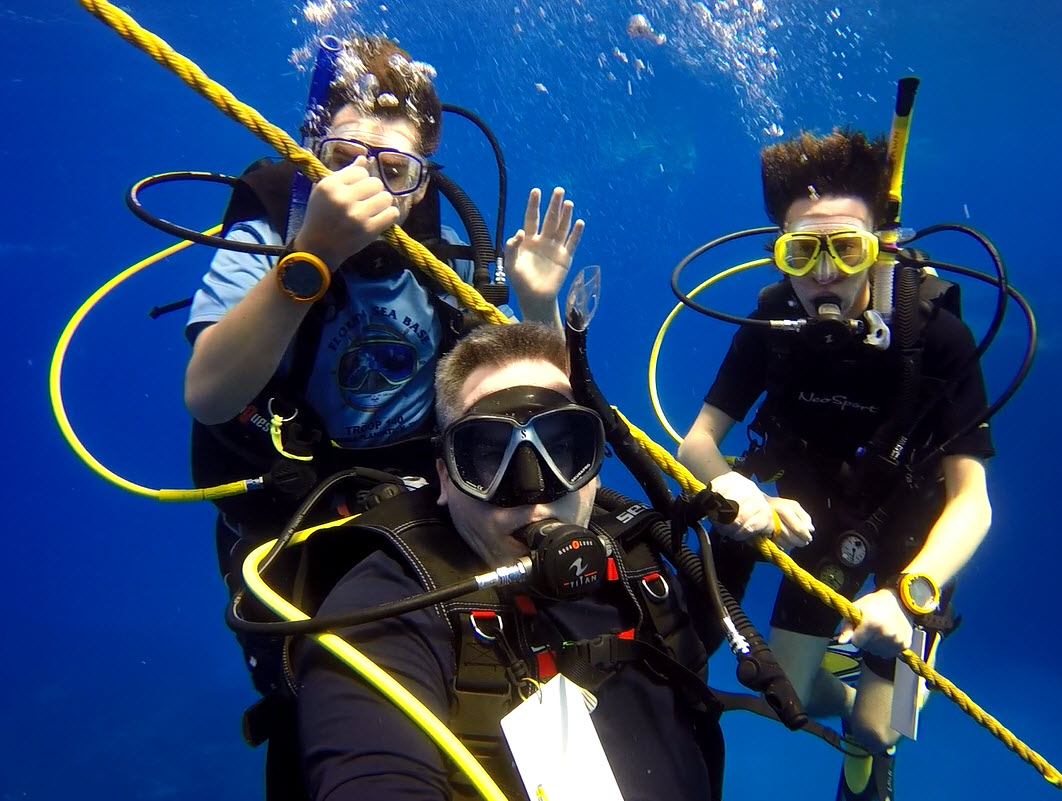
6. Bring a pencil or waterproof writing utensil to sign the logbook. Standard pens won’t work when wet.
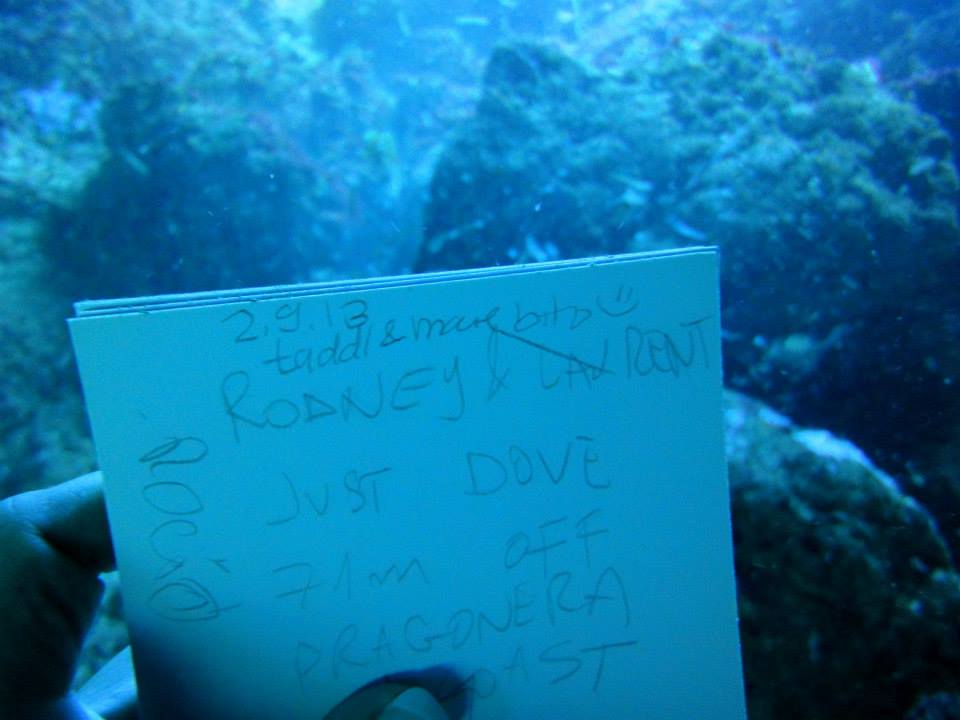
7. Carry an underwater camera… so you can snap a shot of yourself finding the cache!
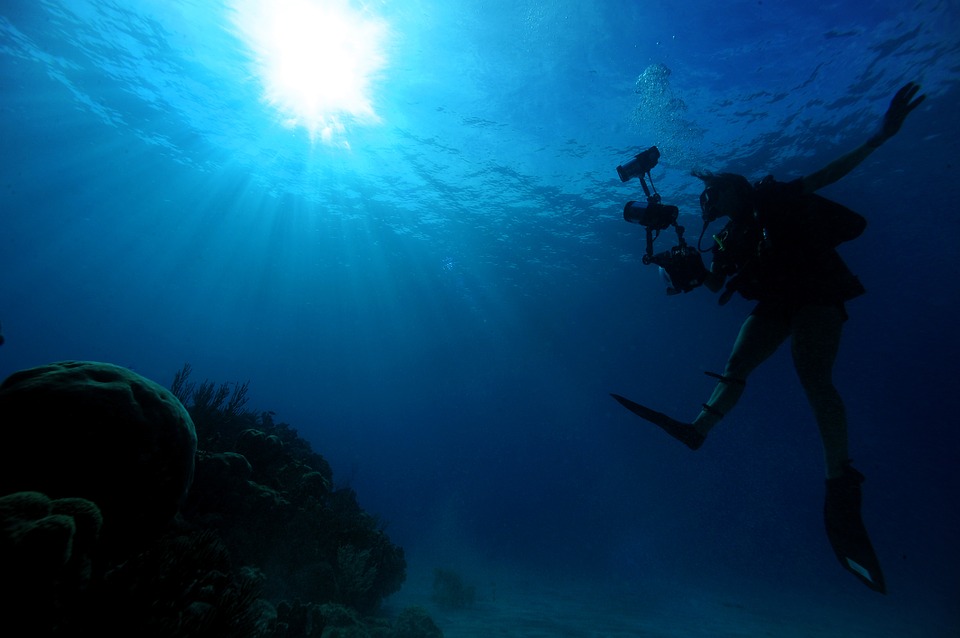
What other questions do you have about scuba caching?

